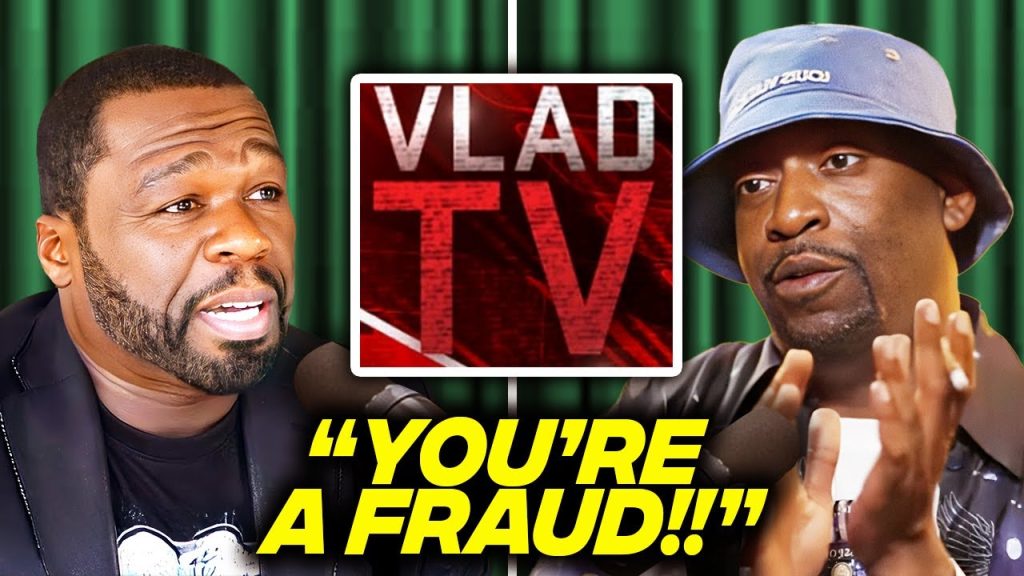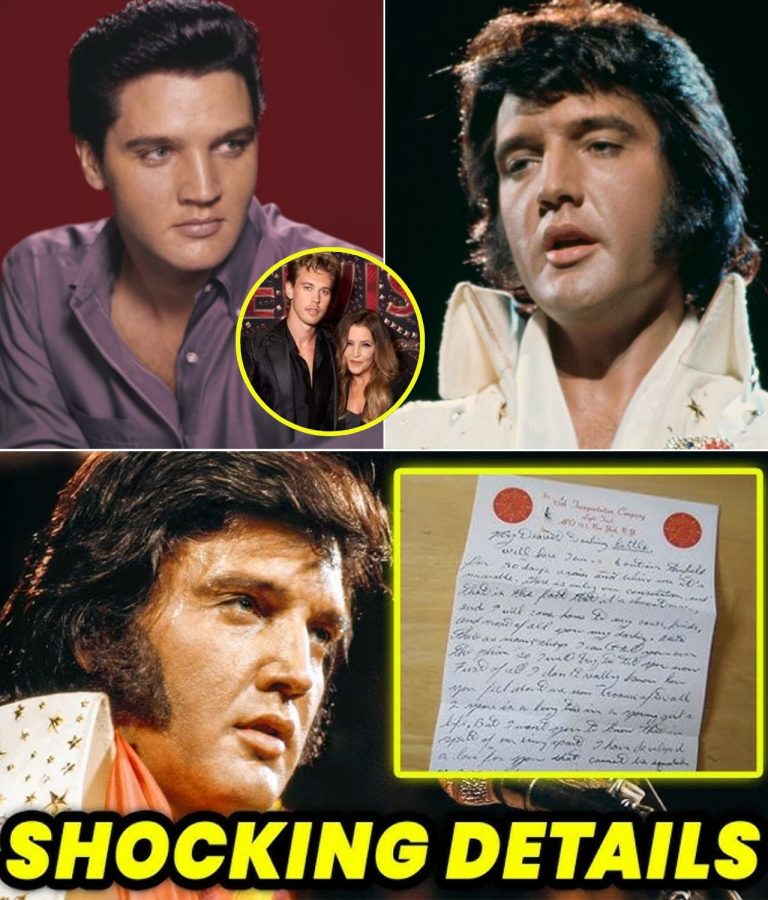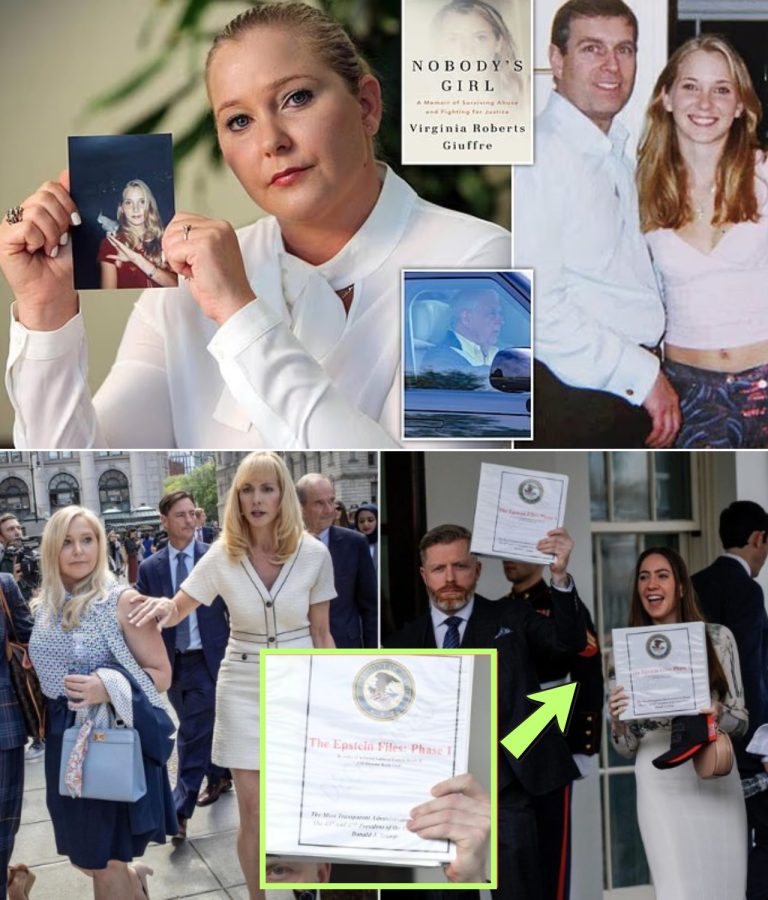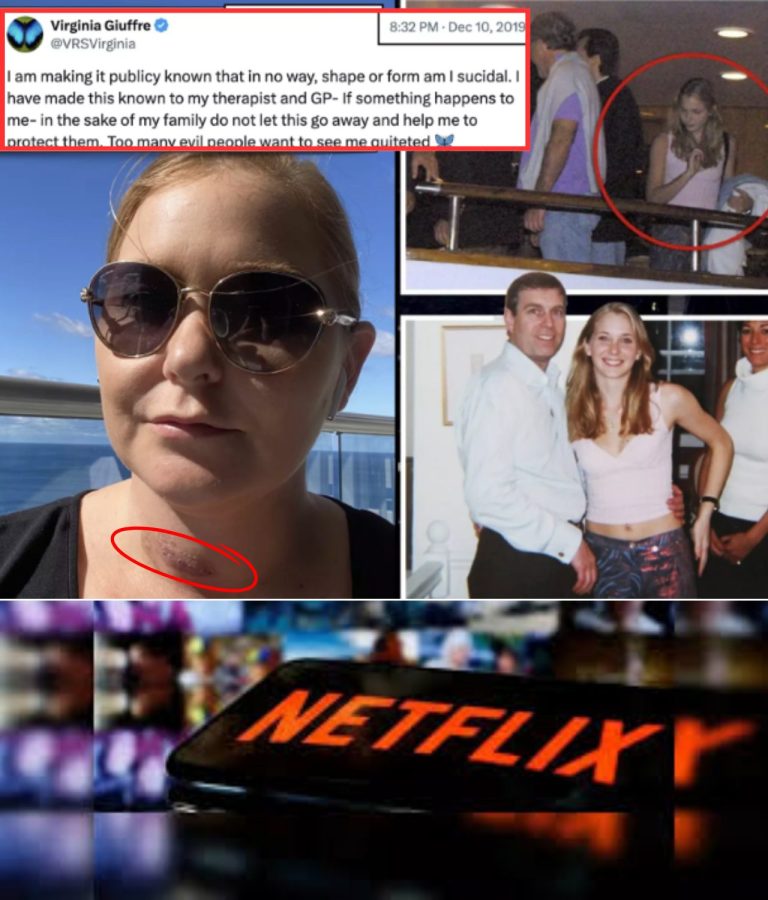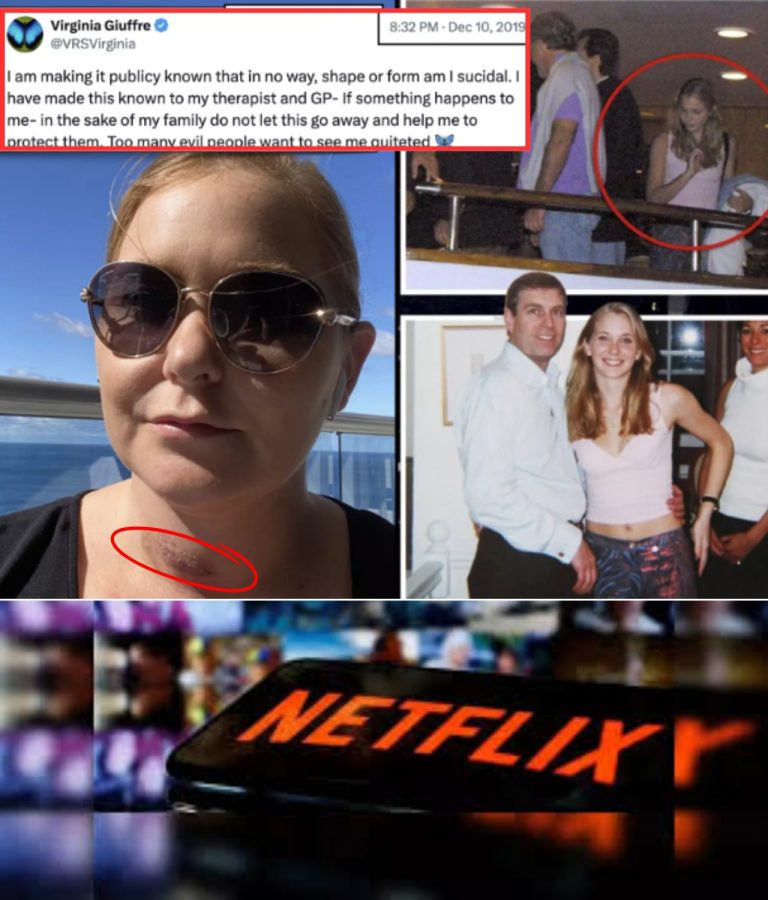In a shocking turn of events on VladTV, rapper 50 Cent has made headlines after a tense exchange with host DJ Vlad during an interview featuring his longtime collaborator, Tony Yayo. The confrontation marks a significant escalation in their relationship, with 50 Cent calling out Vlad for what he perceives as unethical practices in the hip-hop industry.
 For years, Vlad has cultivated his platform by interviewing prominent hip-hop artists, often pushing them to divulge industry secrets and personal stories that can lead to controversy. However, during the recent interview, 50 Cent expressed his frustration with Vlad’s approach, stating, “I ain’t going too far. I don’t care what he said. I’m millions already.” This comment seemed to signal a shift in their dynamic, with 50 Cent drawing a line in the sand and demanding respect for his contributions to the culture.
For years, Vlad has cultivated his platform by interviewing prominent hip-hop artists, often pushing them to divulge industry secrets and personal stories that can lead to controversy. However, during the recent interview, 50 Cent expressed his frustration with Vlad’s approach, stating, “I ain’t going too far. I don’t care what he said. I’m millions already.” This comment seemed to signal a shift in their dynamic, with 50 Cent drawing a line in the sand and demanding respect for his contributions to the culture.
The tension escalated further when Tony Yayo revealed that 50 Cent had allegedly offered him $5 million to stop appearing on VladTV, a move interpreted as a stark warning to the host. Yayo’s loyalty to 50 Cent was made clear when he confronted Vlad about his repeated probing into 50’s past, specifically questioning why Vlad continues to focus on this angle. “You talk about 50 Cent every time you come here,” Yayo said, highlighting Vlad’s habit of stirring the pot for views.
This isn’t the first time 50 Cent has expressed disdain for Vlad’s methods. The rapper has accused Vlad of exploiting Black culture for profit without giving back to the community. Many artists feel similarly, with figures like Lord Jamar and Godfrey vocalizing their concerns about Vlad’s perceived lack of support for the artists he interviews. They argue that while he profits from their stories, he fails to create opportunities for them in return.
The discourse has sparked a broader conversation within the hip-hop community about the ethics of media representation. 50 Cent and Yayo’s criticisms reflect a growing sentiment among artists who are increasingly wary of how their narratives are portrayed and manipulated for entertainment purposes. As 50 Cent continues to build his empire through successful ventures in television and music, there are whispers that he may use this moment to promote his own platform, potentially signaling the decline of VladTV’s influence.
Moreover, other artists, such as Jersey rapper Sue Surf, have also criticized Vlad for allegedly putting guests in compromising positions that could lead to legal trouble. Surf’s remarks suggest that appearing on VladTV could be detrimental to an artist’s career, further complicating Vlad’s standing in the industry.
The situation has culminated in a public reckoning, with many in the hip-hop community rallying behind 50 Cent and Yayo’s stance against Vlad’s methods. As 50 Cent continues to dominate various sectors, from hit television series like “Power” and “BMF” to successful business ventures, his focus on uplifting Black culture stands in direct contrast to what many view as Vlad’s exploitative practices.
In conclusion, the showdown between 50 Cent and DJ Vlad represents more than just a personal feud; it underscores a pivotal moment in the hip-hop industry where artists are reclaiming their narratives and demanding respect. This conflict may very well redefine the relationship between artists and media platforms, as more figures in the industry echo the call for ethical representation and support. As the dust settles, it remains to be seen how this confrontation will impact VladTV and its future in the rapidly evolving landscape of hip-hop journalism.
